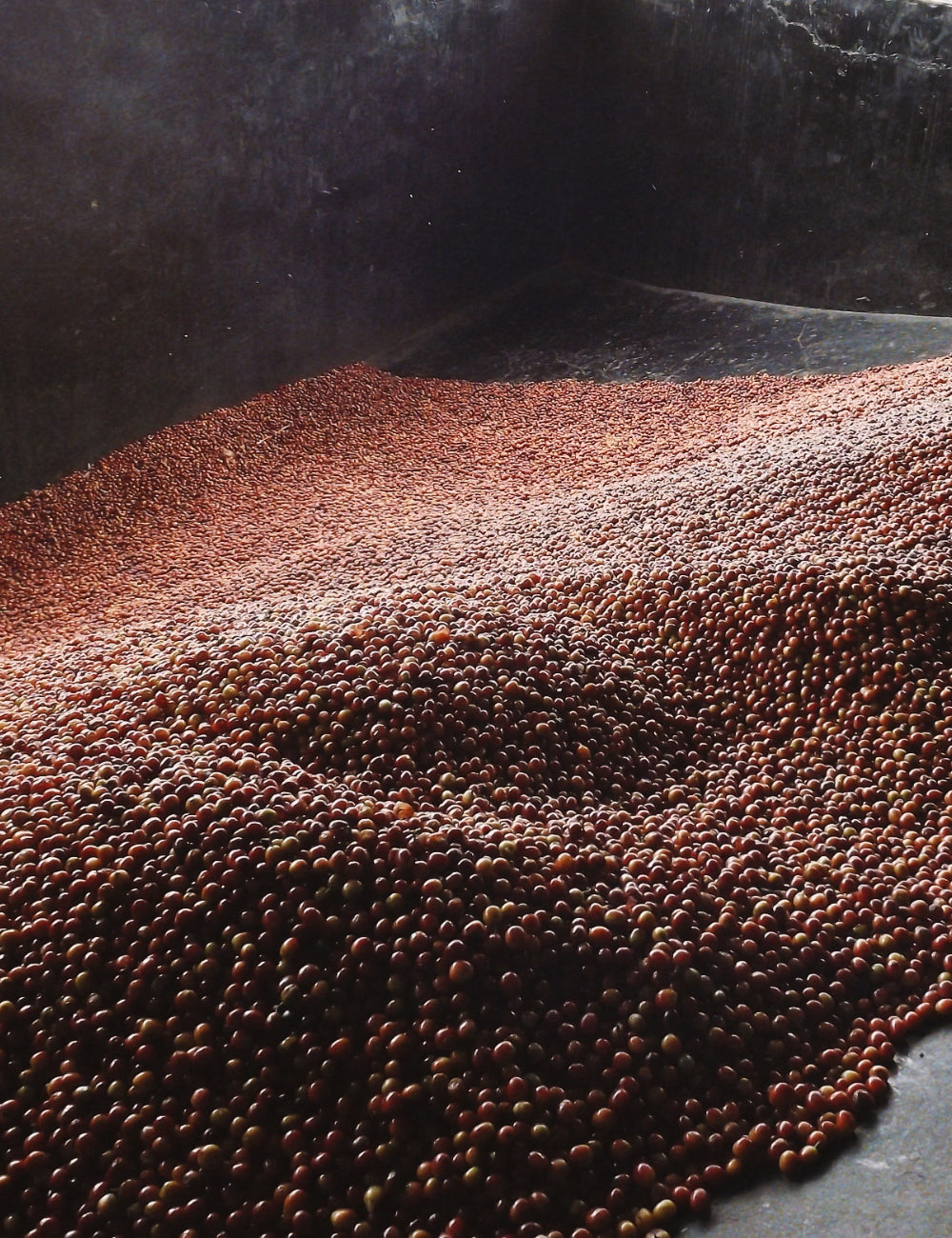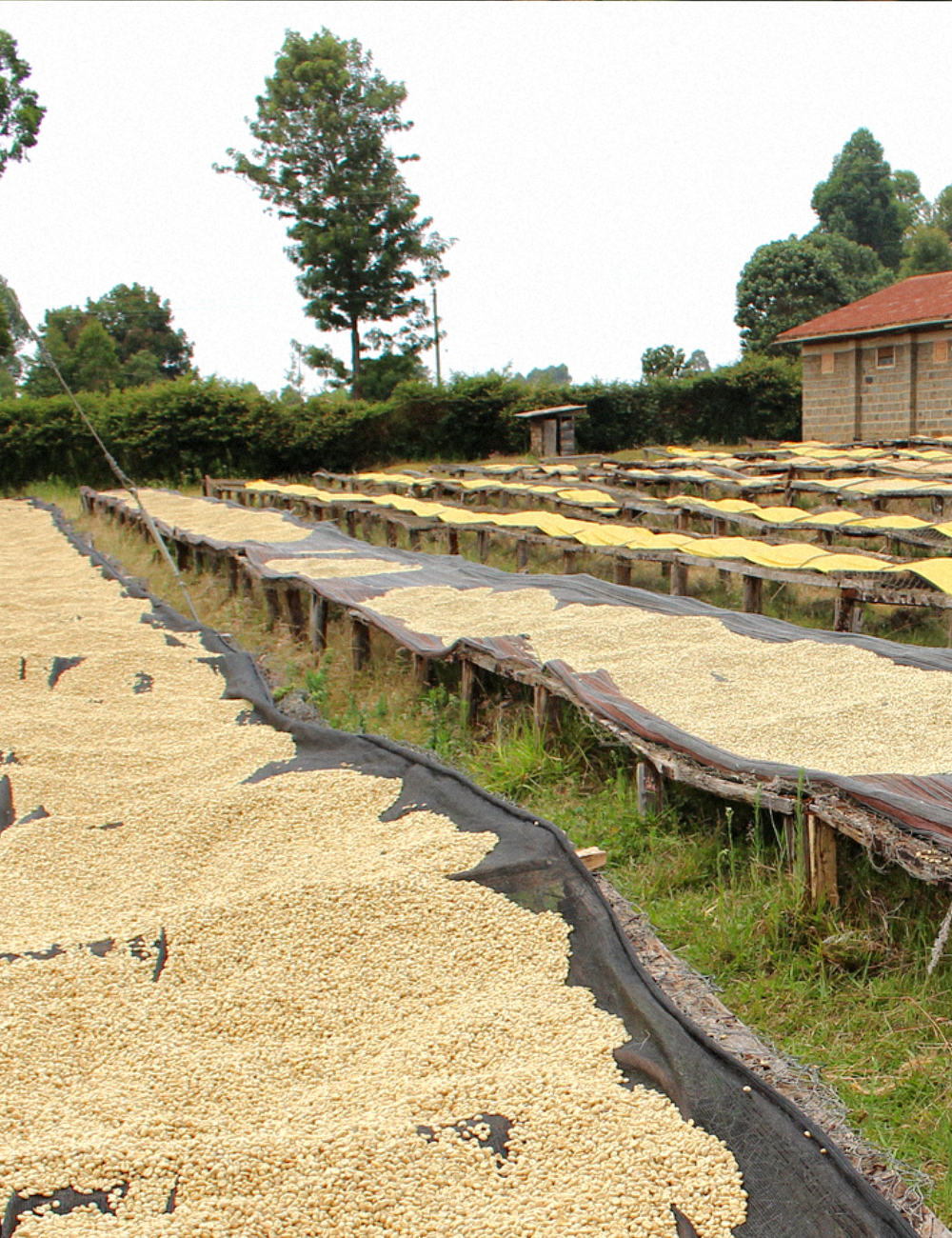Ndaro-ini
Ndaro-ini
Our first Kenyan offering of the year from the cool climate of Nyeri: deep blackcurrants & velvety texture.
Regular price
£14.50
Regular price
Sale price
£14.50
Unit price
per
Character
Character
We taste a blackcurrants, vanilla and brown sugar.
Brewing
Brewing
Recommended for espresso and filter.
Resting
Resting
We recommend resting our coffee inside its sealed bag for a minimum of 21 days to enjoy the best results.
Couldn't load pickup availability


A place of rest.

The Producer

